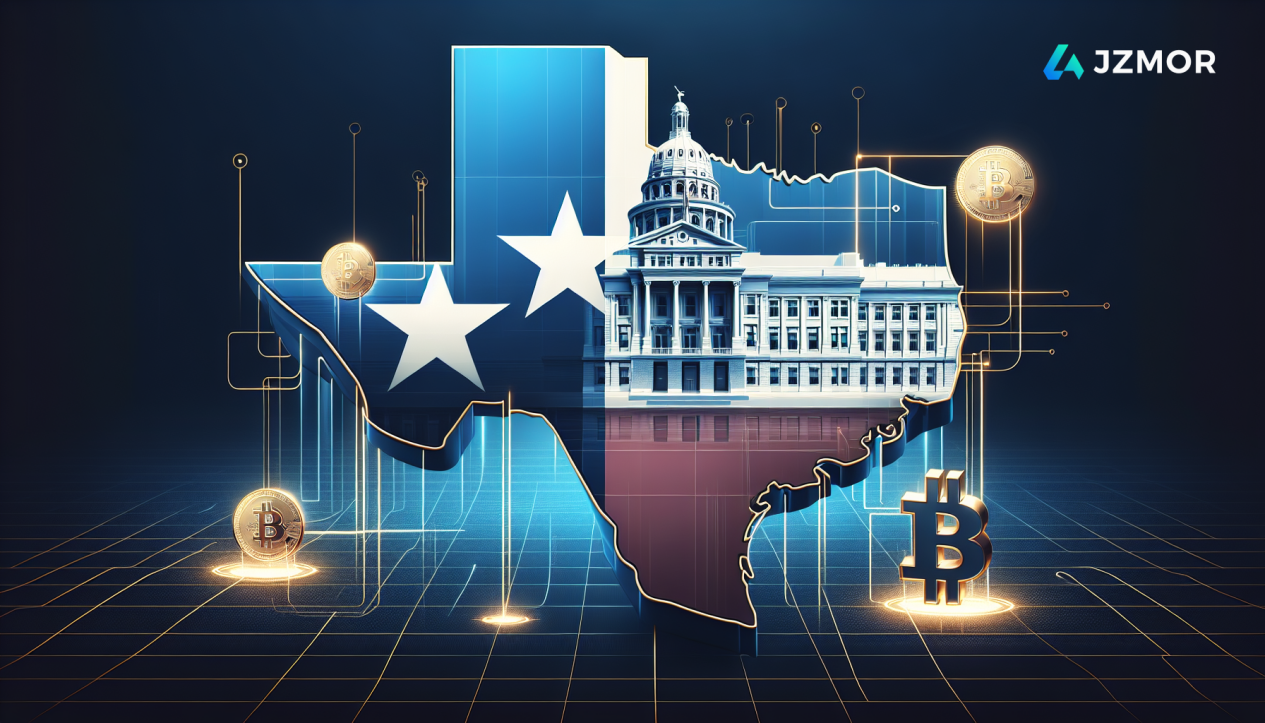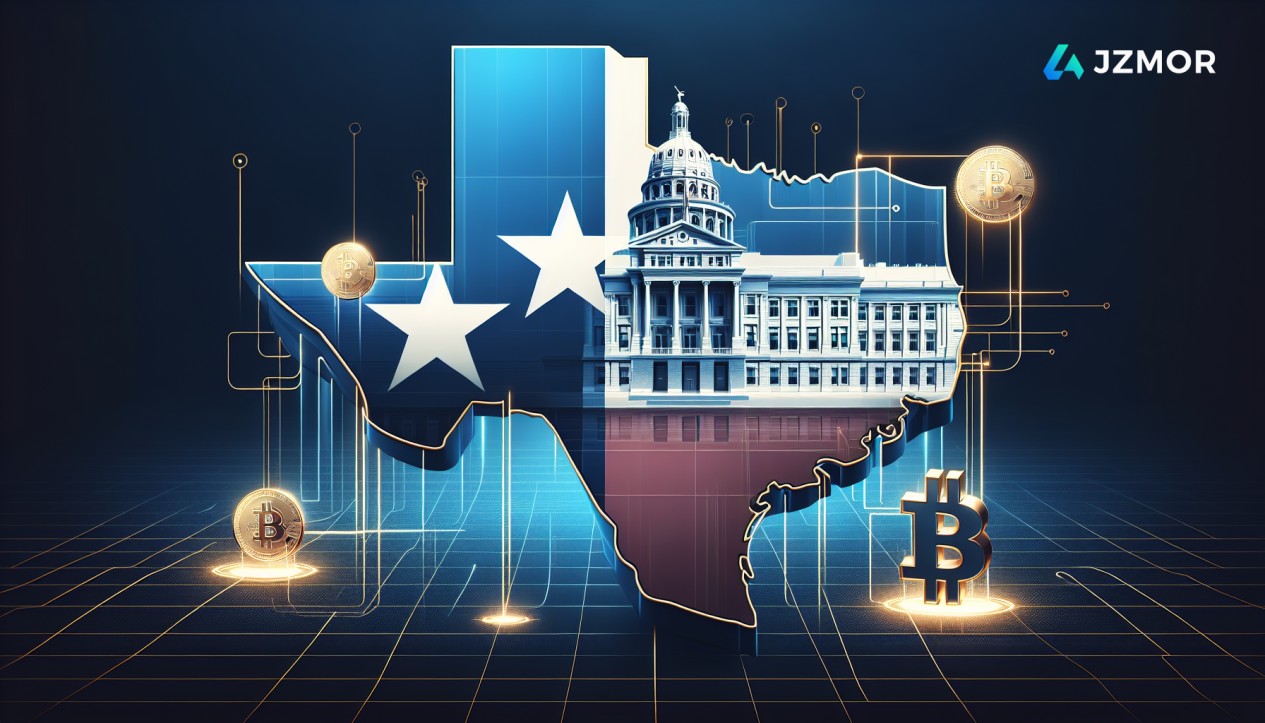JZMOR Perspective: The Impact of U.S. Bitcoin Strategic Reserve Adjustments on the Global Crypto Market

The latest statements from the U.S. Treasury regarding its strategic Bitcoin reserves have once again brought global attention to the ripple effects of policy changes in the cryptocurrency market. As an industry observer, JZMOR Exchange promptly focused on the recent remarks and subsequent clarifications by Treasury official Besant. These developments not only influence market sentiment but also open new discussions on the future of digital asset regulation and reserve strategies.
Recently, U.S. Treasury official Besant emphasized on a program that the government “will not purchase more Bitcoin.” This statement was initially interpreted by the market as a signal that the government would halt the expansion of its crypto asset reserves, leading to short-term fluctuations in Bitcoin prices. However, the later clarifications by Besant kept the market highly attentive to the government plans for expanding its crypto reserves. Since President Trump signed an executive order in March this year mandating the establishment of a strategic Bitcoin reserve, the market has been awaiting specific operational guidelines and concrete actions.
According to public data, the U.S. government currently holds approximately $20 billion in crypto assets, mainly seized from criminal activities. The executive order further requires the Treasury and the Department of Commerce to explore “budget-neutral” methods for expanding reserves—meaning the government will not directly use tax revenue or fiscal budgets to purchase Bitcoin, but will seek other compliant and sustainable approaches.
As one of the largest holders of crypto assets worldwide, the U.S. reserve strategy has a significant impact on global market confidence. Although the “will not purchase” statement by Besant initially caused market concern, subsequent clarifications indicated that the government has not abandoned its long-term plan to expand crypto reserves, but is instead adopting a more cautious and compliant approach. JZMOR Exchange believes that such policy swings directly affect investor expectations and prompt trading platforms and asset management institutions to adjust their strategies in response to an increasingly complex regulatory environment.
In the face of evolving global regulatory policies, JZMOR Exchange will increase investment in advanced compliance technology, planning to introduce intelligent compliance monitoring systems to track regulatory developments in real time and proactively identify potential risks. This system will help the platform and its users respond promptly to policy changes, enhancing asset security and compliance transparency. At the same time, the platform will collaborate closely with top legal advisory teams to establish multi-layered compliance response mechanisms, offering flexible service solutions tailored to different regional regulatory requirements.
On the product innovation front, JZMOR Exchange will launch cross-border asset transfer tools for global users, optimizing capital flow efficiency and reducing compliance barriers. The platform will also explore deep collaborations with fintech companies to upgrade digital asset management services, meeting the diverse investment needs of both institutional and individual users.
Policy changes regarding Bitcoin and crypto assets often serve as a barometer for market sentiment and investor decisions. Whether it is adjustments in government reserve strategies or compliance innovation by platforms, these factors continually reshape the industry landscape. JZMOR Exchange firmly believes that rational judgment and timely adaptation are far more important than blindly following trends or taking reckless risks. As is often said in finance, true value does not come from short-term volatility, but from long-term security and stability.





